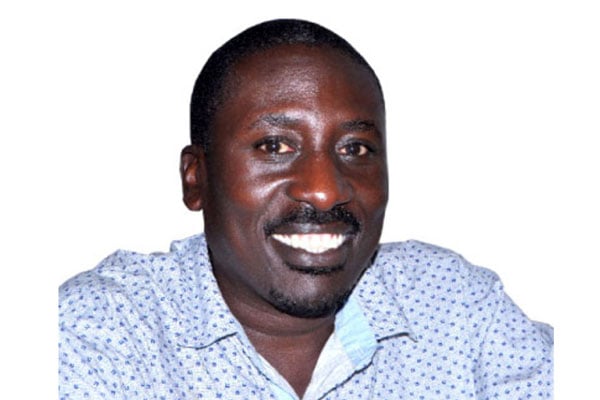Please limit the government

Philip Matogo
What you need to know:
- We do not need a saviour in or outside govern ment to realise our undoubted potential
In 1985, The Washington Post reported: “Just over two weeks after army troops ousted [former president Milton] Obote…men swept the streets clean of glass and other debris that spilled out from empty shops. "It added, “Earlier Saturday, truckloads of men, their fists raised in salute, were freed from Kampala's Luzira Prison. The convoy unloaded its passengers into the capital's central square, where the occasion quickly evolved into a rally for Uganda's Democratic Party.
"On the surface, Uganda has changed so much; yet stayed very much the same. The change is that you are more likely to see Kampalans, if you may, litter than sweep the streets of their own volition. As far as Uganda not changing, we still see ex-prisoners with their fists raised to what they perceive as a dictatorship. These two contradictory and competing realities speak to the possibility of limited government in the shape of ordinary Ugandans solving the problems they are beset by and the reality of unlimited government in the form of repression.
Ugandans, due to their independent spirit, would obviously thrive more in a context where government is limited. Here, there would be fewer laws about what individuals and businesses can and cannot do. This would give Ugandans a chance to express an innate desire to go their own way by exercising initiative. Such an initiative was highlighted by the Global Entrepreneurship Monitor 2019/2020. It ranked Uganda as one of the most entrepreneurial countries in the world with 30 percent of Ugandans starting businesses annually.
The opposite of this is what we have today: an interventionist government expanding the scale and cost of government to the preclusion of our initiative. Due to its elephantine size, the government’s main function of protecting life and limb has a multiplier effect on the levying of a phalanx of taxes to finance services related to this function. Accordingly, the government taxes the population to pay for national defence; whose metaphorical sword is all too often turned inwards towards the beating heart of the people who underwrite it. This is untenable. Something surely has to give.
In order to forestall any eventuality leading to the dismemberment of the country, this must be addressed. One way of addressing this situation is by right sizing the government to square with the autonomy of Ugandans and preserve scant resources which could be used to capacitate Ugandans. This would incapacitate the State’s ability to curtail this capacitation through reduced taxes. Fewer taxes would not only shrink the size of the government but also free Ugandans to enjoy the concomitant growth in their household incomes. Today, however, money has vanished and resurfaced in the bottomless coffers of political patronage. Clearly, the principal business of government is to put Ugandans out of business.
While I appreciate countervailing arguments which articulate stability and security, the stability and security we have is limited to preserving the status quo. And, given change is the only thing that is permanent in this world, such stability and security presuppose a lull before the storm. Ugandans can clear up their own mess, as seen when Obote fell.
We do not need a saviour in or outside government to realise our undoubted potential. We always seem to find our feet. The same Washington Post article states, “Some Ugandans have retired from prominent positions to unobtrusively eke out a living as small shop owners or petty traders. They eat food grown in backyard vegetable plots.
"You see, we cannot vegetate if government stops working; as it so often has in our history. We are bigger than the country’s parts. If only this bigness were a part of our narrative, Uganda would rise.
Mr Matogo is a professional copywriter
[email protected]




